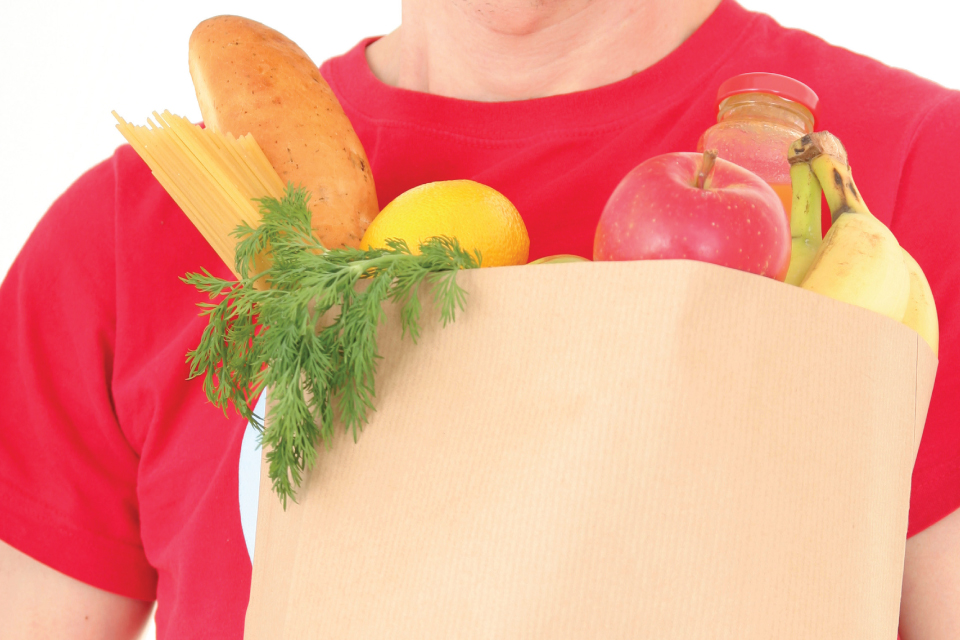Is the Latest, Greatest Diet Sucking You In?

Perhaps you have been reading this column for a while and like the idea of changing your relationship with food…but, at the same time, you REALLY want to lose some weight fast, so the latest-and-greatest diet is tugging on you and sucking you in. Does this sound like you? If you had to pick, which would you say is more important: making a lasting change to your relationship with food or getting to your goal weight quickly? I often ask clients this same question and, almost always, when clients have a significant amount of weight to lose or have been on and off the dieting roller coaster for most of their lives, their answer is, “I want both now.” I am assuming some of you answered the same way and may be curious whether it’s possible to do both at the same time. If you are feeling this way, I am not surprised, and it’s normal to feel conflicted.
Most likely, you have been on a diet before and can remember how well it did (or didn’t) work. Think about your last diet. Did you lose weight only to quickly gain it back? How did you feel when you were dieting—stressed, anxious, obsessive, or deprived? Were those feelings worth the weight you lost? Let’s assume for a moment the weight did come back. Did those feelings of stress, anxiety, and deprivation go away with the returned weight, or did they just intensify?
If you are constantly being sent the message that being overweight is bad for your long-term health or you feel judged and criticized for your weight, then feeling an urgent need to change your physical shape makes sense. Outwardly, you and others can see when you have lost weight, and it’s an external validation of all your hard work. However, sometimes it’s tougher to see how changing your relationship with food can lead to a healthy weight, and you may be worried the results will take longer to see than when on a diet.
Diets are alluring for a variety of reasons. The quick weight loss is gratifying, but there’s a social aspect to dieting as well; tips and tricks are traded in the office, and bets are made as to who can lose the most weight and who can do it the fastest. Diets are also appealing because, when you diet, you eliminate the need to look at your own behaviors around food. Sometimes these behaviors are just habitual, but they can reveal things you may not love about yourself or feelings and emotions that are overwhelming. While this is the hardest part of changing your relationship with food, it is also the most rewarding. Through examining these behaviors, you learn your triggers around certain foods, as well as what types and amounts of food leave you feeling either great and energized or dragged down and tired. You gain confidence about your choices and how you feel in your own body. Through this behavior change, healthy body weight is often ultimately achieved, and, more importantly, it’s maintainable without long-term deprivation and stress.
I can hear you thinking, “But it takes longer to lose weight through intuitive eating than by dieting.” Yes, you are right; it probably does. This process goes back to asking the important question and looking at why dieting probably didn’t work for you in the past. Interestingly enough, somewhere along the process of intuitive eating, a shift occurs. Clients generally start to recognize what life looks like without being on a dieting roller coaster and how losing weight by paying attention to hunger and fullness doesn’t lead to deprivation. Suddenly, the slower weight loss is worth the extra effort.
It’s hard to work on both goals at the same time, but one thing I know for sure: You can’t change your relationship with food by dieting. But you can achieve a healthy weight by changing your relationship with food. Whichever path you choose, your journey will be full of ups and downs, and I encourage you to always think about what is most important for you individually and what will leave you living your life with energy and happiness.






